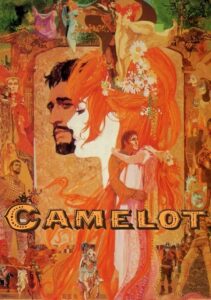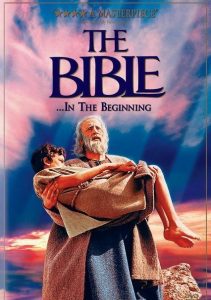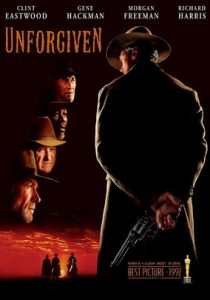Camelot-1967
Director Joshua Logan
Starring Richard Harris, Vanessa Redgrave, Franco Nero
Scott’s Review #1,370
Reviewed June 21, 2023
Grade: A-
Camelot (1967) is an adaptation of the well-known Broadway spectacle that explores the creation of the Knights of the Round Table. It’s the Middle Ages, and King Arthur is the main character.
Unfortunately, the original stars of the stage, Richard Burton and Julie Andrews, declined to participate. Still, their replacements, Richard Burton and Vanessa Redgrave, are more than adequate in their prominent roles.
At an epic length of nearly three hours, not every moment is the edge of your seat, and some lagging exists, but the film does justice to the stage production, only with a big budget to add extravagance.
The setting and experience are pure magic, not only because of the far-removed time. The Shakespearean elements are strong as royalty and entitlement mesh with scheming, jealousy, and dangerous romance.
This makes for some juicy soap opera drama.
After the arranged marriage of Arthur (Harris) and Guinevere (Redgrave), the king gathers the noble knights of the realm to his Round Table. The dashing Lancelot (Franco Nero) joins but soon falls in love with Guinevere.
When Arthur’s illegitimate and conniving son, Mordred (David Hemmings), reappears in the kingdom and exposes the secret lovers, Arthur finds himself, by his own rules, trapped into taking action against his wife and closest friend.
There are some dull moments to face at epic length, especially in the first half. I tuned out once or twice, but then I was whisked back to the dramatic events.
The great moments are genuinely outstanding, with enough punch to pack a emotional wallop.
During a sequence when Lancelot is challenged to a game of jousting with some knights, events turn deadly, and one knight, Sir Dinadan, is critically injured. Horrified, Lancelot pleads for Sir Dinadan to live, and as he lays hands on him, Dinadan miraculously recovers.
The scene is fraught with emotion as a decisive moment occurs between the men. It’s also pivotal to the storyline because it links Lancelot with Guenevere and sets off a romantic chain of events.
Guenevere is so overwhelmed and humbled that her feelings for Lancelot begin to change. Despite his vows of celibacy, Lancelot falls in love with Guenevere.
More than one song is lovely in Camelot, and as the production went on, I yearned for more musical numbers.
My favorite is the coy “The Lusty Month of May,” which appears when Guinevere and the women frolic and gather flowers to celebrate the coming of spring. Later, Lancelot and Guenevere sing of their forbidden love and how wrong life has all gone in ‘I Loved You Once In Silence.’
In the eyes of the law, the lovers are to be punished so they are aware they are not long for this world.
Visually, Camelot is a spectacle rich in style and pizazz. Whimsical colors and a ton of vibrant and fragrant flowers appear regularly amid fields of greens and forests of trees.
The castles and battlefields also support Gothic structures and masculine power, which perfectly balance the exquisiteness of the other aspects.
This more than makes up for any drudgery the story might have. It’s nice to sit back and be fulfilled by the cinematic beauty, especially considering the romance at the heart of the picture.
So when the story drags, one can enjoy the visuals and escape for a moment.
Also impressive is the story of friendship and how a woman’s affection for a man can tear apart two male friends.
Camelot (1967) is a behemoth epic that requires patience. Some parts flat-out drag. But the daring, compelling triangle among the three leads usually turns the experience into an above-average thrill ride.
Oscar Nominations: 4 wins-Best Art Direction (won), Best Cinematography, Best Costume Design (won), Best Costume Design (won), Best Original Song Score or Adaptation Score (won), Best Sound


